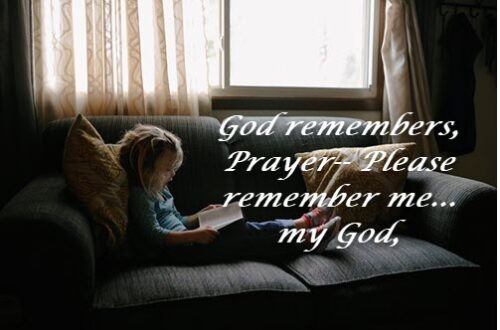Why the Gospel Matters in 2017
As 2016 came to an end, several of us found ourselves grieving over the harsh realities of our fallen world — mass shootings, Zika, civil unrest, terror attacks, Aleppo, corruption in politics, the refugee crisis in Europe, and lives over far too quickly.
To sum it all up one woman made a “dumpster fire ornament” and tweeted “Dear 2016: I made you this ornament. It’s a dumpster fire.” People identified with her sentiments, and it went viral.
Many of us are relieved 2016 is over. Some of us are fearful over what 2017 may hold.
As believers, we weep with the world as it groans under the tyranny of sin, remembering that Jesus has wept alongside us (John 11:35). And, we take heart knowing that Jesus took on human flesh, fully identifying with us — including our pain.
When Christ came to earth, he didn’t seek out the rich and the famous. His own chosen mother was among the poorest of the poor, belonging to a group oppressed by the government. Jesus went out of His own comfort zone in the biggest way possible — He stepped down from heaven into the trenches of earth.
As a young child, he fled to Egypt to escape a tyrant king. Let that sink in—Jesus spent part of His life as a refugee child. Then, as an adult, he boldly announced: “Let the little children come to Me” (Matt. 19:14).
Jesus routinely sought out the marginalized members of society—the poor and the oppressed, the lame and the sick, and those most often shunned. He met both the physical and the spiritual needs of the people around Him, and in doing so, offered them life.
That’s the good news of the gospel—eternal life through Christ! We’re often quick to acknowledge the never-ending nature of this life, as we look forward to heaven and our resurrected bodies, but sometimes we forget that eternal life begins here on earth:
“And this is eternal life, that they may know You, the only true God, and Jesus Christ whom You have sent” (John 17:3).
Eternal life is not bound to the future; it makes a difference in the here and now. It makes a difference in how we live in in our present day.
Yes, that means we have a hope that brings comfort to our own lives, but it also means living out the gospel by bringing hope to others. This requires stepping out of our comfort zone:
- It may mean instead of watching a favorite TV show, we take our family to volunteer at a homeless shelter.
- It may mean we stop looking for debates on Facebook and instead take soup to the family whose mother was just diagnosed with cancer.
- It may mean that when a video goes viral of a tragedy, we call some of our friends and ask “How are you holding up?”
- It may mean instead of buying a new outfit for ourselves or a family member, we give a winter coat to a homeless man we pass every day on our street corner.
- It may mean instead of criticizing our schools or teachers, we volunteer in a classroom.
- It may mean instead of complaining on social media about a minor doctrinal issue, we take the time to pray with a friend needing encouragement.
- It may mean we stop sharing our opinions through memes and instead truly listen to someone’s differing perspective over an evening meal in your home.
The more we step out of our comfort zone the more opportunities will come along to share with others how they, too, can experience abundant life in Christ.
I can’t say what’s in store for us in 2017, but I can live a life of hope transformed by the gospel of Jesus Christ.




